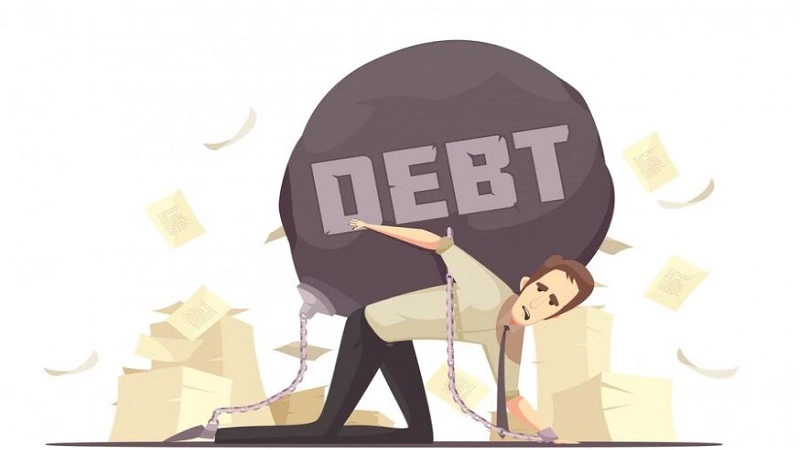In the dynamic world of entrepreneurship, maintaining a healthy cash flow is pivotal for success. However, even the most seasoned business owners can find themselves grappling with financial challenges.
Fortunately, by implementing sound strategies for business credit card management, you can navigate these waters with confidence and keep your enterprise afloat.
Understanding Business Credit Card Debt
What is credit card debt? Business credit card debt is a form of unsecured debt that arises when a business fails to pay off its credit card balances in full each month. Interest charges can quickly accumulate, compounding the financial burden and potentially hindering the company’s growth and profitability.
The Perils of Unchecked Credit Card Debt
Ignoring credit card debt can have severe consequences for your business. High interest rates can eat into your profits, making it challenging to reinvest in growth opportunities or manage operational expenses effectively. Additionally, carrying substantial debt can damage your business credit score, making it more difficult and expensive to secure future financing or favorable terms from lenders and suppliers.
Establish a Solid Foundation
Mastering business credit card management begins with laying a solid foundation. Start by evaluating your company’s spending habits and identifying areas where expenses can be reduced or eliminated. Develop a realistic budget that accounts for essential costs, debt repayment, and potential emergencies.
Leverage Credit Card Benefits Wisely
While credit card debt can be detrimental, business credit cards can also offer valuable benefits when used strategically. Look for cards that offer rewards programs, cash back, or travel perks that align with your business needs. However, be cautious of high annual fees and ensure that the rewards outweigh the costs.
Prioritize Debt Repayment
Once you have a clear understanding of your expenses and income, prioritize debt repayment. Consider implementing the debt snowball or debt avalanche methods, which involve paying off either the smallest debt first or the debt with the highest interest rate respectively. Consistently allocating a portion of your revenue toward debt repayment will help you gain control over your finances and avoid accumulating additional interest charges.
Negotiate with Creditors
If you find yourself struggling to make minimum payments, don’t hesitate to reach out to your creditors. Many lenders are willing to work with businesses facing financial difficulties by offering debt consolidation, lower interest rates, or modified payment plans. Open communication and a proactive approach can go a long way in preserving your business relationships and credit standing.
Separate Business and Personal Finances
One of the most critical steps in effective credit card management is maintaining a clear separation between your business and personal finances. Establishing a dedicated business credit card and bank account not only streamlines bookkeeping but also helps protect your personal assets in the event of financial difficulties or legal disputes.
Monitor Credit Reports and Statements
Regularly monitoring your business credit reports and credit card statements is essential for identifying potential errors, unauthorized charges, or signs of fraud. Catching issues early can help you address them promptly and prevent further financial strain.
Explore Alternative Financing Options
While credit cards can provide a convenient source of funding, they should not be the sole solution for long-term or large-scale financing needs. Explore alternative financing options, such as small business loans, lines of credit, or investor partnerships, to secure the capital needed for significant investments or expansion initiatives.
Foster a Debt-Conscious Culture
Ultimately, effective business credit card management is a team effort. Foster a debt-conscious culture within your organization by educating employees on responsible spending practices, implementing expense policies, and encouraging open communication about financial challenges or opportunities.
Seek Professional Guidance
If you find yourself overwhelmed by debt or unsure of the best course of action, don’t hesitate to seek professional guidance from a financial advisor or credit counselor. Their expertise can provide invaluable insights and strategies tailored to your specific business needs and goals.
Mastering business credit card management is an ongoing process that requires discipline, strategic planning, and a willingness to adapt to changing circumstances. By implementing these strategies and maintaining a proactive approach, you can outsmart debt, safeguard your business’s financial health, and position yourself for long-term success in an ever-evolving market.
